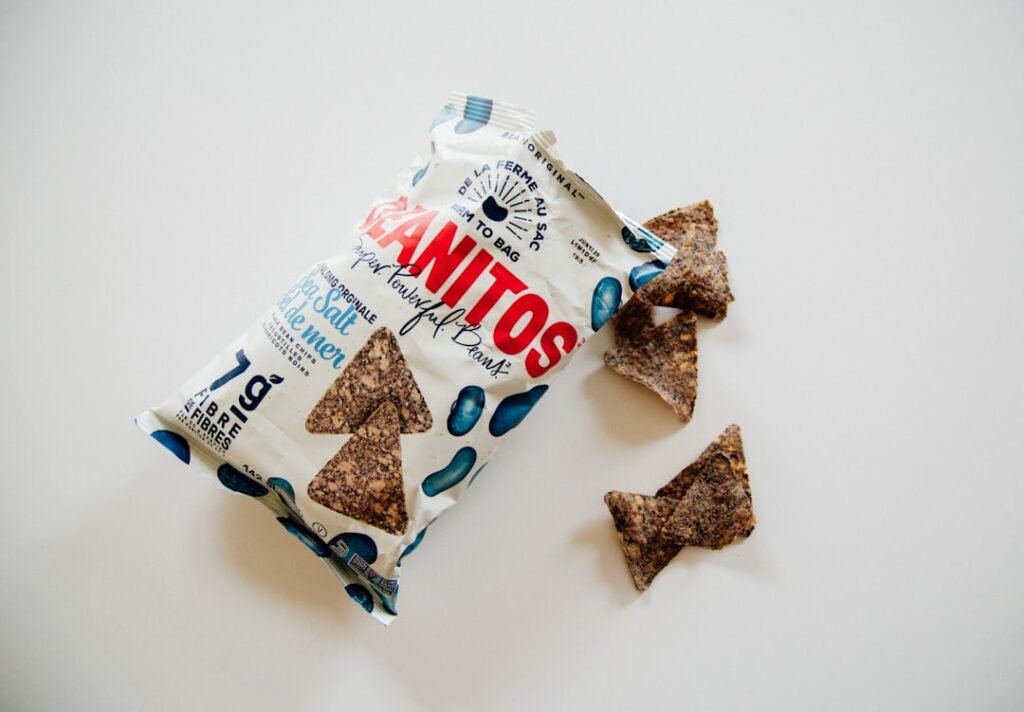Terrazzo is a composite material that is made by mixing marble, granite, quartz, or glass chips with a cement or epoxy binder. This mixture is then poured into a mold and cured to create a solid surface. Once cured, the surface is ground and polished to create a smooth and durable finish. Terrazzo has been used for centuries in various architectural applications, including flooring, countertops, and wall cladding. It is known for its unique and colorful appearance, as well as its durability and low maintenance requirements.
Terrazzo countertops are a popular choice for kitchens and bathrooms due to their versatility and aesthetic appeal. The use of different colored chips allows for endless design possibilities, making it easy to customize the look of your countertop to match your personal style and the overall design of your space. Additionally, terrazzo is a highly durable material that is resistant to scratches, stains, and heat, making it an ideal choice for high-traffic areas like the kitchen. With proper care and maintenance, terrazzo countertops can last for decades, making them a long-term investment for your home.
Key Takeaways
- Terrazzo is a composite material made of chips of marble, quartz, granite, or glass set in concrete or resin, creating a unique and durable surface.
- Terrazzo countertops are highly durable, resistant to stains and scratches, and can be customized to fit any kitchen design.
- When choosing the right terrazzo for your kitchen, consider the color, size, and type of aggregate, as well as the finish and edge details.
- The installation process for terrazzo countertops involves pouring the mixture, grinding and polishing the surface, and sealing it for protection.
- To maintain and care for terrazzo countertops, it is important to clean up spills promptly, avoid using harsh chemicals, and reseal the surface as needed.
- Cost considerations for terrazzo countertops include the material and labor costs, as well as any customization or special features.
- Design inspiration for terrazzo countertops can be found in various color combinations, aggregate choices, and creative edge details to complement any kitchen style.
Advantages of Terrazzo Countertops
One of the main advantages of terrazzo countertops is their durability. The combination of stone chips and a strong binder creates a surface that is resistant to scratches, stains, and heat. This makes terrazzo an ideal choice for kitchen countertops, where spills, knife marks, and hot pans are common. Additionally, terrazzo is a non-porous material, which means that it is resistant to water and bacteria, making it a hygienic choice for food preparation areas.
Another advantage of terrazzo countertops is their versatility in design. The use of different colored chips allows for endless design possibilities, making it easy to create a custom look that complements the overall design of your kitchen. Whether you prefer a subtle and neutral color palette or a bold and colorful design, terrazzo can be customized to match your personal style. Additionally, terrazzo can be poured into any shape or size, allowing for seamless integration with sinks, backsplashes, and other kitchen features.
Choosing the Right Terrazzo for Your Kitchen
When choosing terrazzo for your kitchen countertops, there are several factors to consider to ensure that you select the right material for your needs. One of the first considerations is the type of binder used in the terrazzo mixture. Traditional terrazzo is made with a cement binder, which creates a classic and timeless look. However, cement-based terrazzo may be prone to cracking over time, especially in areas with fluctuating temperatures or high levels of humidity. Alternatively, epoxy-based terrazzo is a more flexible and durable option that is less likely to crack or chip.
In addition to the binder, you will also need to consider the type of aggregate used in the terrazzo mixture. Common aggregates include marble, granite, quartz, and glass chips, each of which offers unique aesthetic qualities. Marble chips create a classic and elegant look, while granite chips provide a more natural and textured appearance. Quartz and glass chips can add sparkle and depth to the terrazzo surface, creating a modern and luxurious feel. Consider the overall design of your kitchen and your personal style preferences when selecting the type of aggregate for your terrazzo countertops.
Installation Process for Terrazzo Countertops
| Installation Process for Terrazzo Countertops |
|---|
| 1. Prepare the Substrate |
| 2. Mix and Pour the Terrazzo Material |
| 3. Grind and Polish the Surface |
| 4. Apply Sealer and Finish |
| 5. Clean and Maintain the Countertop |
The installation process for terrazzo countertops involves several steps to ensure a seamless and durable finish. The first step is to create a template of the countertop area to ensure an accurate fit. Once the template is created, the terrazzo mixture is poured into the mold and allowed to cure for several days. After curing, the surface is ground and polished to create a smooth and even finish.
During the installation process, it is important to work with experienced professionals who have expertise in working with terrazzo. Proper installation is crucial for the long-term durability and performance of the countertops. Additionally, professionals can help you make decisions about edge profiles, sink cutouts, and other custom features to ensure that your terrazzo countertops meet your specific needs and design preferences.
Maintenance and Care for Terrazzo Countertops
Terrazzo countertops are relatively low maintenance compared to other natural stone materials like marble or granite. To keep your terrazzo countertops looking their best, it is important to clean up spills promptly to prevent staining. Use a mild soap or pH-neutral cleaner and a soft cloth to clean the surface regularly. Avoid using abrasive cleaners or scrubbing pads, as these can scratch the surface of the terrazzo.
Sealing your terrazzo countertops can help protect them from stains and etching. Depending on the type of sealer used, you may need to reapply it every few years to maintain its effectiveness. Additionally, it is important to avoid placing hot pans directly on the terrazzo surface, as this can cause thermal shock and potentially damage the material. With proper care and maintenance, terrazzo countertops can last for decades while maintaining their beauty and functionality.
Cost Considerations for Terrazzo Countertops

The cost of terrazzo countertops can vary depending on several factors, including the type of aggregate used, the complexity of the design, and the size of the countertop area. Generally, terrazzo countertops are considered a premium material and may be more expensive than other options like laminate or solid surface materials. However, the durability and longevity of terrazzo make it a worthwhile investment for many homeowners.
When considering the cost of terrazzo countertops, it is important to factor in the long-term value that they provide. While the upfront cost may be higher than other materials, terrazzo countertops can last for decades with proper care and maintenance, making them a cost-effective choice in the long run. Additionally, the customization options available with terrazzo allow you to create a unique and personalized look that adds value to your home.
Design Inspiration for Terrazzo Countertops
Terrazzo countertops offer endless design possibilities, making them a versatile choice for any kitchen style. Whether you prefer a classic and timeless look or a modern and bold design, terrazzo can be customized to match your personal style. Consider using different colored chips to create a subtle or vibrant color palette that complements your kitchen decor. You can also experiment with different aggregate sizes and shapes to add texture and visual interest to the countertop surface.
In addition to color and texture options, consider incorporating custom features like integrated sinks or decorative edge profiles to enhance the overall look of your terrazzo countertops. These custom details can add personality and character to your kitchen while creating a seamless and cohesive design. Look for inspiration in design magazines, online resources, or consult with a professional designer to explore creative ideas for incorporating terrazzo countertops into your kitchen space.
If you’re considering installing a terrazzo countertop in your home, you may also be interested in learning about the benefits of using terrazzo in other areas of your home. Check out this article on keepinitfocused.com to discover how terrazzo can be used for flooring, wall coverings, and more. This versatile material is not only durable and low-maintenance, but it also adds a touch of elegance to any space.
FAQs
What is a terrazzo countertop?
A terrazzo countertop is a type of countertop surface that is made from a combination of marble, granite, quartz, or glass chips mixed with a cement or resin binder. It is known for its unique and colorful appearance.
How is a terrazzo countertop made?
Terrazzo countertops are made by mixing the chosen aggregate materials with a binder, pouring the mixture into a mold, and then grinding and polishing the surface to create a smooth and durable finish.
What are the benefits of a terrazzo countertop?
Terrazzo countertops are highly durable, resistant to stains and scratches, and can be customized to create unique patterns and designs. They are also heat resistant and relatively low maintenance.
How do you clean and maintain a terrazzo countertop?
To clean a terrazzo countertop, simply use a mild soap and water solution and a soft cloth. Avoid using abrasive cleaners or scrubbing pads, as they can damage the surface. Regular sealing and resealing can help maintain the countertop’s appearance and protect it from stains.
Are terrazzo countertops suitable for all kitchen designs?
Terrazzo countertops can complement a variety of kitchen designs, from modern to traditional. They are available in a wide range of colors and patterns, making them a versatile choice for different styles of kitchens.
What is the cost of a terrazzo countertop?
The cost of a terrazzo countertop can vary depending on factors such as the chosen materials, the size of the countertop, and the complexity of the design. On average, terrazzo countertops can range from $50 to $250 per square foot.






